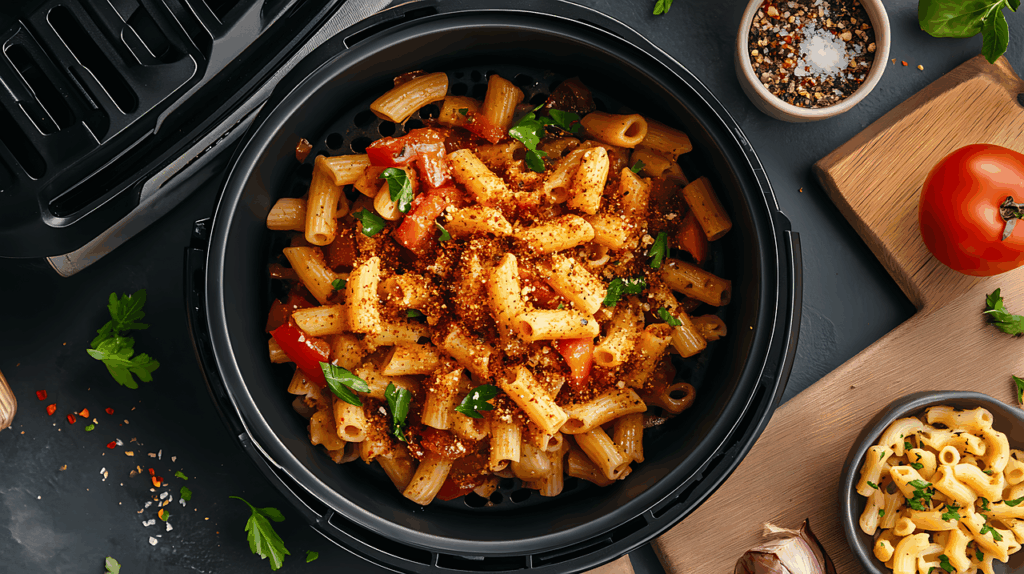
As we gracefully navigate the journey of life, reaching the age of 50 and beyond brings with it a unique set of changes to our biology that demand attention. While this phase often ushers in wisdom, security, and a deeper appreciation for life, it also means our bodies begin to absorb fewer nutrients from the foods we eat, and the natural aging process starts to impact vital functions like our immune system, digestion, nervous system, musculoskeletal health, and heart. Maximizing the life and health of our cells becomes more important than ever, making it an opportune time to consider supplementing a few key nutrients.
In a world overflowing with health information, figuring out which supplements are truly beneficial can feel overwhelming. Dr. Oz, a celebrated physician known for his practical health advice, has dedicated efforts to clarify this confusion, especially for those over 50 looking to maintain their vitality. He emphasizes a baseline regimen, advising against taking more than five different supplements per day to avoid potential negative pill interactions. Crucially, any new supplement should always be discussed with your doctor or pharmacist first, ensuring it aligns with your unique health needs and existing medications.
Dr. Oz identifies three supplements as absolutely essential for everyone, which naturally form a cornerstone for Americans over 50. Beyond these foundational recommendations, he delves into other targeted supplements that address common concerns associated with aging, from energy levels and weight management to bone health and cognitive function. This article aims to cut through the noise, providing a clear, evidence-based look at the key supplements Dr. Oz highlights for this demographic, empowering you to make informed decisions for a healthier, more vibrant life after 50.
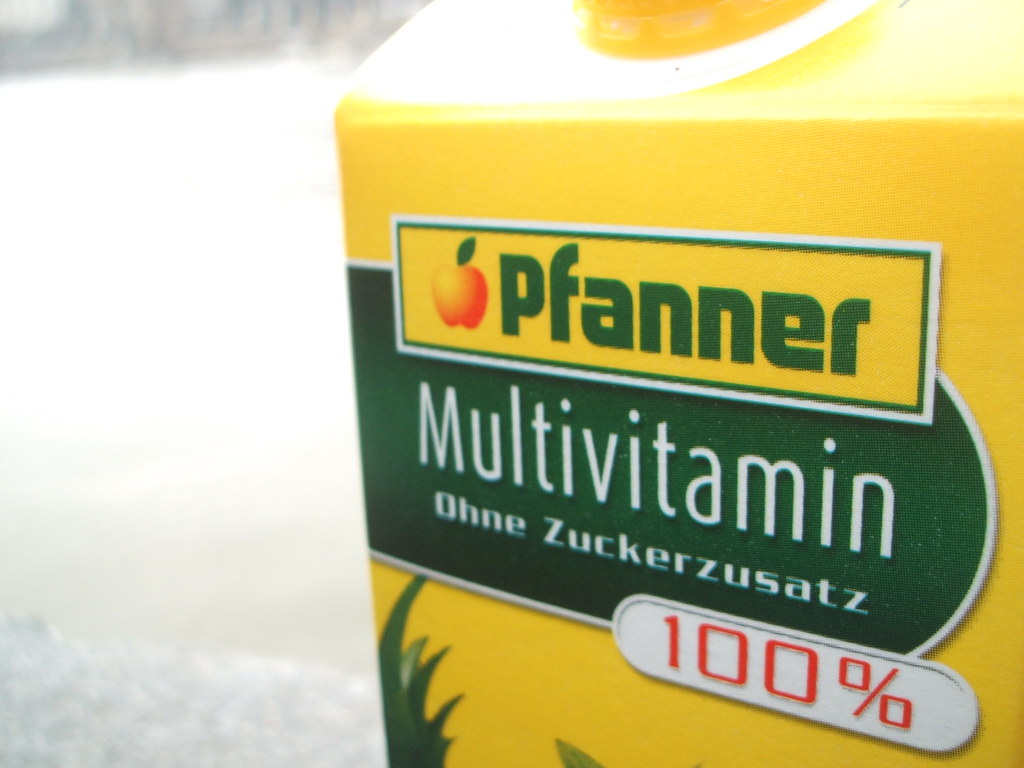
1. **A Multivitamin**While the ideal scenario involves obtaining the majority of our nutrients from a healthy, diverse diet rich in fruits and vegetables, the reality is that a multivitamin serves as an invaluable safeguard, ensuring that no essential nutrient falls through the cracks. It acts as a comprehensive daily insurance policy, making sure you receive all the essential vitamins and minerals recommended to keep your body’s complex systems running smoothly. This consistent intake of vital micronutrients also provides an added layer of protection against the onset of chronic illnesses, including serious conditions such as breast cancer, colon cancer, and heart disease, which become more prevalent as we age.
Typical multivitamins are formulated to deliver a broad spectrum of about ten essential vitamins and ten crucial minerals. These commonly include well-known vitamins like A, C, D, E, and K, along with vital minerals such as potassium and zinc, all working in synergy to support various bodily functions. However, Dr. Oz specifically highlights the importance of checking for iodine in your multivitamin. Iodine, a mineral sometimes overlooked and omitted by certain manufacturers, is absolutely critical for the optimal functioning of your heart, thyroid gland, brain, and numerous other vital organs, making its inclusion a non-negotiable factor in your daily supplement regimen, especially after 50.
When you’re navigating the supplement aisle, Dr. Oz advises specific criteria to ensure you’re choosing an effective and safe product. First and foremost, look for bottles clearly labeled with “100 percent Daily Value (DV),” as this indicates that the supplement provides the recommended daily intake of its listed nutrients without excessive amounts. Equally important is the caution against mega doses, such as supplements containing 500 percent DV or more. This advice stems from the understanding that you are already absorbing various vitamins and minerals from the foods you consume throughout the day, and excessive supplementation can be unnecessary or even counterproductive.
Maximizing the absorption and utilization of your multivitamin is another key piece of advice from Dr. Oz. He strongly recommends splitting your daily multivitamin dose into two. Take one half in the morning and the other half in the evening, ideally with meals. This practice is rooted in the physiological reality that your body can only absorb a finite amount of vitamins and minerals at any given time. By staggering the intake, you allow your digestive system to process and utilize the nutrients more completely, preventing them from simply passing through your system unabsorbed. Additionally, smaller doses can help minimize any potential stomach upset sometimes associated with taking larger vitamin pills, and if needed, larger vitamins can be broken in half using a pill splitter available at your pharmacy.
For post-menopausal women, Dr. Oz provides a crucial refinement to the multivitamin recommendation. Given that menstruation has ceased, the body’s iron needs change significantly. Therefore, post-menopausal women should opt for a multivitamin that contains less than 2500 IU of Vitamin A and, importantly, avoids iron in the supplement formulation. This tailored approach helps prevent potential imbalances that could arise from continued iron supplementation when it is no longer being regularly lost through the menstrual cycle, ensuring the multivitamin continues to support health proactively.
Read more about: Buckle Up! The Wildest Celebrity Arrest Stories That Will Make Your Jaw Drop (And Maybe Laugh)
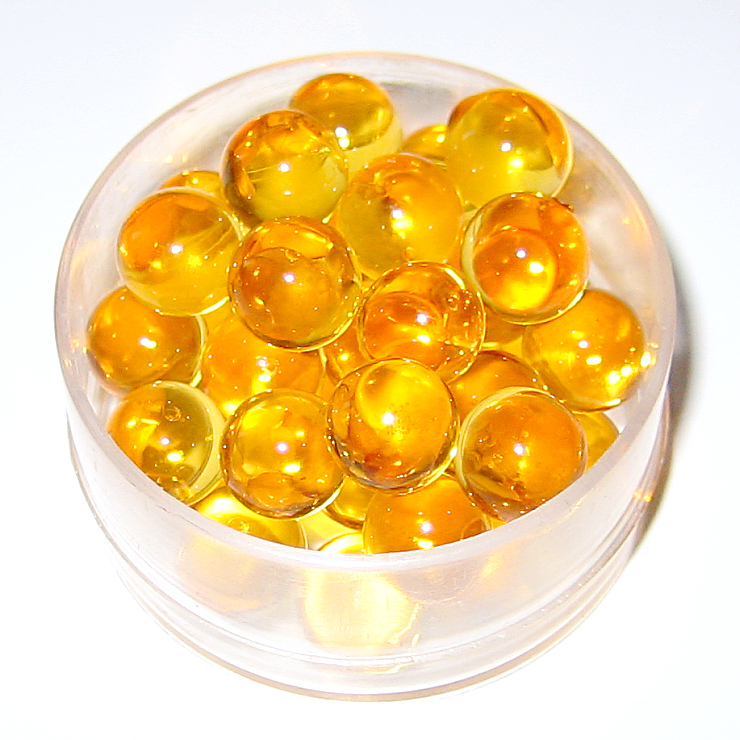
2. **Omega-3 Fatty Acids/Fish Oil**Omega-3 fatty acids are unequivocally hailed by Dr. Oz as the “superstar fats,” a title earned through their expansive range of benefits for overall health and well-being, particularly as we age. These remarkable fats play a pivotal role in boosting cognitive function, ensuring your brain operates at its peak. Beyond mental acuity, they offer robust protection for your heart and arteries, supporting cardiovascular health that is increasingly vital past 50. Furthermore, omega-3s are lauded for their ability to combat visible signs of aging by fighting wrinkles and enhancing joint lubrication, which is excellent for maintaining flexibility and reducing discomfort.
The world of omega-3s comprises three primary types, each contributing uniquely to your health. Alpha-linolenic acid (ALA) is plant-based and can be found in common foods like walnuts, flaxseeds, and olive oil. However, the most potent and direct forms, Docosahexaenoic acid (DHA) and Eicosapentaenoic acid (EPA), are predominantly found in fish oil. Understanding the distinctions between these types is crucial when selecting a supplement, as their benefits, particularly for brain and heart health, are highly concentrated in the marine-derived forms.
When it comes to choosing an omega-3 or fish oil supplement, Dr. Oz stresses that not all products are created equal. The most critical factor to remember is to select a supplement that provides a significant amount of DHA. Specifically, he recommends looking for one that contains 600mg of DHA. Achieving this optimal dose may sometimes require taking more than one pill, so always check the label carefully. DHA’s prominence stems from its fundamental role as a major component of brain tissue. Its sufficient intake not only supports general brain functions but also significantly improves how the brain stores and utilizes energy, a benefit that can profoundly impact cognitive vitality in later years. Moreover, DHA has shown promising effects as a “good depression fighter,” contributing to emotional well-being.
Beyond its profound impact on the brain, omega-3 fatty acids offer a cascade of other benefits that are especially pertinent for Americans over 50. They are known to help lower levels of “bad” cholesterol circulating in the blood, contributing to a healthier lipid profile and reducing cardiovascular risk. The anti-inflammatory properties of omega-3s are also crucial, helping to decrease inflammation throughout the body, which can alleviate joint pain and improve overall mobility. While some benefits like clearing skin of acne and enhancing fertility are mentioned in general terms, their role in cognitive function, heart health, and joint support remains paramount for the aging population.
To ensure you reap the maximum benefits from your omega-3 supplement, Dr. Oz provides clear guidance on its consumption and storage. He advises taking this essential supplement at breakfast time, integrating it seamlessly into your morning routine. Furthermore, to maintain its potency and prevent spoiling, it is recommended to store fish oil supplements in the refrigerator. This simple step helps preserve the integrity of the delicate fatty acids, ensuring that each dose delivers the full “superstar” benefits intended to boost your brain, protect your heart, and keep your joints feeling lubricated and healthy for years to come.
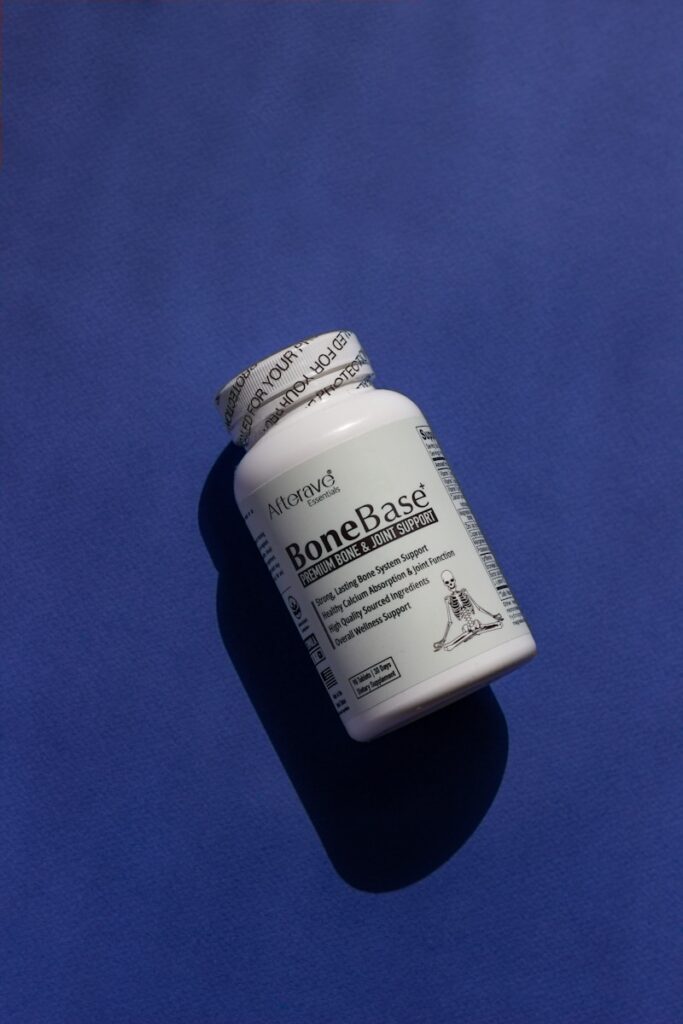
3. **Calcium With Magnesium**Calcium is a mineral that forms the very bedrock of our structural health, playing an indispensable role in maintaining strong bones. Without an adequate intake of calcium through our diet or supplementation, the body, in its inherent drive to maintain essential functions, will resort to a detrimental process: it will begin to rob this vital nutrient directly from your bones. This continuous depletion inevitably leads to the weakening of your skeletal structure, making bones more brittle and susceptible to fractures, a concern that significantly escalates with age. Beyond bone integrity, calcium, when combined with magnesium, also ensures the robust health of your teeth and supports optimal muscle function, which is critical for mobility and strength.
The synergistic relationship between calcium and magnesium is a cornerstone of Dr. Oz’s recommendation, emphasizing that these two minerals are best taken together for optimal efficacy and to mitigate potential side effects. While calcium is undeniably essential for bone density and strength, taking it in isolation can sometimes lead to an undesirable side effect: constipation. This is where magnesium steps in as a crucial partner. Magnesium not only contributes to bone health in its own right but, more importantly in this context, effectively prevents the constipating effect that calcium can otherwise induce. Their combined action thus provides comprehensive support for bones, teeth, and muscles, while also promoting digestive comfort.
For those seeking to fortify their bones and support overall musculoskeletal health, Dr. Oz offers specific dosage guidelines for this powerful mineral duo. He advises choosing a supplement that contains 600mg of calcium paired with 400mg of magnesium. This balanced ratio is designed to maximize the benefits of both minerals while ensuring their harmonious interaction within the body. This combined supplement should be taken once a day, making it a straightforward addition to your daily health regimen, simplifying the process of obtaining these critical nutrients as you navigate life over 50.
Proper administration is key to ensuring your body can effectively absorb and utilize the calcium and magnesium. Dr. Oz strongly recommends always taking this supplement with a full glass of water. This not only aids in the dissolution of the pill but also facilitates its passage and absorption within the digestive system. Adequate hydration is a fundamental component of nutrient assimilation, and adhering to this simple practice can significantly enhance the effectiveness of your supplement, helping it to reach its intended targets throughout the body, particularly the bones, teeth, and muscles that rely on it.
Crucially, Dr. Oz highlights an important interaction warning to optimize your supplement schedule and prevent diminished nutrient absorption. He advises against taking your calcium with magnesium supplement within one to two hours of taking your multivitamin. The reason for this separation is that calcium can interfere with and block the body’s ability to absorb other essential nutrients present in your multivitamin. By staggering their intake, you ensure that each supplement has its best chance to be fully absorbed and utilized, allowing you to reap the complete benefits from both your multivitamin and your calcium with magnesium supplement, thus maximizing your overall nutritional strategy.
Read more about: The Ultimate Guide to Washing Machine Longevity: 15 Expert-Backed Tips for Years of Trouble-Free Laundry
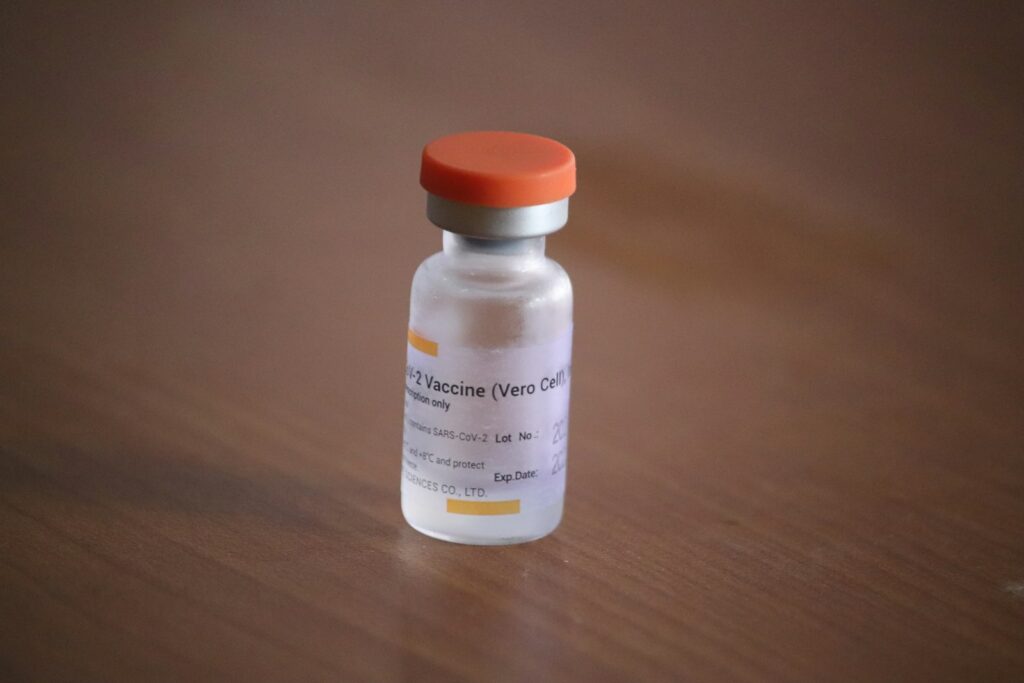
4. **Coenzyme Q10 (CoQ10)**Coenzyme Q10, often simply referred to as CoQ10, is spotlighted by Dr. Oz as a fundamentally important nutrient for energy, particularly as individuals enter their 50s and beyond. Our bodies are intricate machines, and the production of energy, which fuels every cellular process from muscle contraction to brain function, occurs predominantly within tiny organelles inside our cells called mitochondria. These mitochondria are essentially the “power plants” of our cells, and CoQ10 is an indispensable component in their ability to generate adenosine triphosphate (ATP), which is the primary source of energy at the cellular level, ensuring our vitality and cellular health remains robust.
Maintaining vibrant, natural energy levels is a priority at every stage of life, but it gains particular significance as we age, when a natural slowdown in metabolic processes can often lead to feelings of reduced vigor. Dr. Oz recognizes this shift, and while CoQ10 is beneficial for all ages, he specifically highlights its importance for women over 50, categorizing it as an essential supplement within his 50’s Prevention Guide for energy. This emphasis underscores its role not just in sustaining general vitality but in actively countering the age-related decline in cellular energy production, helping to keep individuals feeling more energized and active.
The profound impact of CoQ10 on energy production is rooted in its integral involvement in the electron transport chain, a crucial step in cellular respiration that occurs within the mitochondria. Without sufficient CoQ10, the efficiency of this energy-generating pathway can falter, potentially leading to reduced cellular energy output. By ensuring adequate levels of CoQ10, we support these cellular powerhouses, allowing them to produce ATP more effectively. This translates directly into improved energy levels throughout the body, impacting everything from physical stamina to mental alertness and supporting the overall sense of vitality that is so cherished in later years.
For those looking to incorporate this powerful energy-boosting supplement into their daily regimen, Dr. Oz provides a clear recommendation for dosage. He suggests taking 200 mg of CoQ10 daily. This specific dosage is advised to help optimize mitochondrial function and support the sustained production of cellular energy, thereby contributing to enhanced vitality and helping to combat age-related fatigue. Consistency in taking the recommended dose is key to experiencing the full benefits of CoQ10, making it a simple yet effective addition to a proactive health strategy for Americans over 50.
Embracing CoQ10 means embracing a proactive approach to maintaining youthful energy and cellular health, especially relevant for those navigating the changes that come with age. Dr. Oz’s strong endorsement of CoQ10 reaffirms its status as a “fundamentally important nutrient for energy” and underscores its valuable place in a thoughtfully constructed supplement regimen. By supporting the very power plants within our cells, CoQ10 helps ensure that individuals over 50 can continue to live their lives with the energy and vigor needed to pursue their passions and maintain their overall well-being.
Continuing our exploration of Dr. Oz’s essential health toolkit for Americans over 50, we delve into additional powerful supplements designed to address specific aspects of aging health, from managing weight to boosting cognitive function and ensuring overall well-being. These carefully selected recommendations aim to further empower you on your journey to a vibrant and active life beyond the half-century mark.
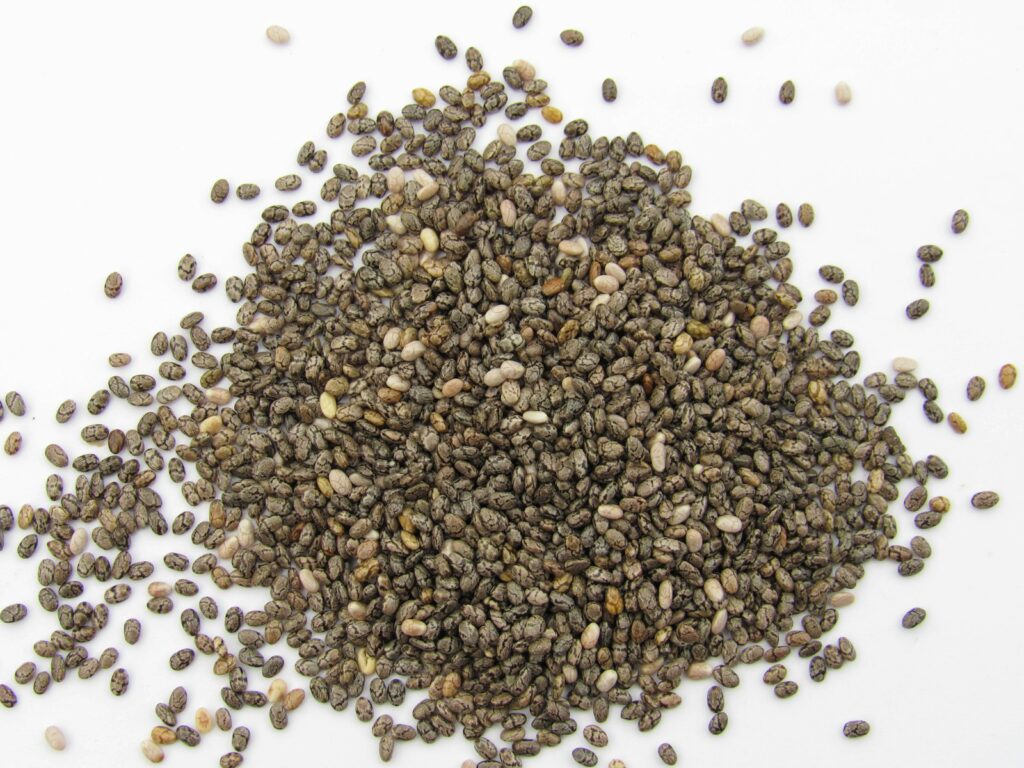
5. **Chia Seeds for Weight Management**The journey through our 50s often brings a natural recalibration of our metabolism, which tends to slow down. This shift means that being mindful of what we consume becomes even more critical in maintaining a healthy weight. Dr. Oz recognizes this challenge and points to a surprising yet highly effective ally in weight management: Chia Seeds. Yes, these are the very same seeds famously associated with “Chia Pets,” but their nutritional prowess extends far beyond novelty, offering a practical solution for those looking to support their metabolism.
Chia seeds are veritable powerhouses of nutrition, packed with two components that are absolutely vital for weight management and overall digestive health: fiber and omega-3s. The high fiber content in chia seeds plays a pivotal role in promoting satiety, meaning they help you feel full for longer periods. This can significantly reduce the likelihood of overeating and unnecessary snacking, which are common hurdles when aiming to manage weight effectively. Their ability to absorb liquid and expand in the stomach contributes to this lasting feeling of fullness, making them an excellent addition to any diet.
Beyond their satiating fiber, chia seeds also provide a significant source of plant-based omega-3 fatty acids. While we discussed fish oil for its potent DHA and EPA, the ALA found in chia seeds contributes to a healthy nutritional profile that supports various bodily functions. These healthy fats are crucial for numerous cellular processes and can help to reduce inflammation, which can indirectly support a healthier metabolism. Incorporating these beneficial fats into your diet is a smart move for sustained well-being as you age.
Dr. Oz’s recommendation for integrating chia seeds into your daily routine is refreshingly simple and versatile. He suggests adding just one scoop, or approximately 15 grams, of chia seeds to your diet each day. The beauty of chia seeds lies in their adaptability: they have a mild flavor, allowing them to be easily mixed into a variety of foods without altering their taste significantly. You can effortlessly stir them into your morning yogurt, creating a thicker, more satisfying breakfast, or sprinkle them liberally over salads, oatmeal, or even blend them into smoothies for an invisible boost of nutrition.
Making chia seeds a regular part of your meals can be a game-changer for those navigating the metabolic shifts that come with age. They offer a simple, natural way to enhance feelings of fullness, support digestive regularity through their fiber content, and provide beneficial omega-3s, all contributing to a more balanced approach to weight management. It’s a testament to Dr. Oz’s practical advice that such a humble seed can offer such significant benefits for maintaining vitality and a healthy weight after 50.
Read more about: Unpacking America: 14 Mind-Blowing Facts About the USA You Absolutely Need to Know!

6. **Turmeric for Cognitive Health**As we mature, maintaining sharp cognitive function and protecting our brain health becomes an increasingly significant concern. Dr. Oz shines a spotlight on Turmeric, an ancient spice celebrated for centuries in traditional medicine, as a potent natural agent that can play a crucial role in safeguarding against cognitive decline, specifically mentioning its potential in preventing Alzheimer’s Disease. This recommendation brings a vibrant, golden hue of hope to the landscape of aging health.
The active compound within turmeric that garners the most scientific attention is curcumin. Curcumin is renowned for its powerful anti-inflammatory and antioxidant properties, which are fundamental to brain health. Inflammation in the brain is increasingly linked to neurodegenerative diseases, including Alzheimer’s. By actively combating inflammation and neutralizing harmful free radicals, curcumin helps to create a healthier environment for brain cells, potentially preserving their function and integrity over time.
Dr. Oz’s endorsement of turmeric for cognitive health is underpinned by observations from specific populations. He points to the remarkably low incidence of Alzheimer’s Disease in India as a compelling piece of evidence. Turmeric is a staple in Indian cuisine, consumed regularly and in significant quantities, leading scientists to hypothesize a strong correlation between its dietary intake and the protective effects observed against neurodegenerative conditions within the population. This cultural insight adds weight to its recommendation as a preventive measure.
Integrating turmeric into your daily regimen is remarkably straightforward, according to Dr. Oz. He suggests a simple daily dose of just 1/2 teaspoon of turmeric. This small but mighty amount can be easily incorporated into your cooking, adding a warm, earthy flavor and a beautiful color to dishes like curries, soups, and roasted vegetables. For those who prefer a more direct approach, it can be mixed into warm milk to create a “golden milk” latte, or even added to smoothies. The key is consistent daily intake to leverage its accumulative benefits for brain health.
The consistent use of turmeric offers an accessible and natural strategy to support cognitive vitality as we age. By tapping into the potent anti-inflammatory and antioxidant capabilities of this golden spice, we can take proactive steps to foster a healthier brain environment. Dr. Oz’s recommendation for turmeric underscores the idea that sometimes the most profound health benefits can come from simple, time-honored ingredients, making it an invaluable addition to the supplement strategy for Americans over 50 focused on long-term brain health.
Read more about: Nourishing Neurodiversity: A Good Housekeeping Guide to Understanding and Optimizing Eating Habits for Enhanced Well-being

7. **Vitamin D for Overall Well-being**While Calcium and Magnesium are crucial for bone health, Dr. Oz highlights Vitamin D as an equally, if not more, pivotal nutrient, emphasizing its expansive role beyond just skeletal integrity to encompass robust immune function and overall well-being. Often dubbed the “sunshine vitamin,” Vitamin D is frequently deficient in older adults, making targeted supplementation a critical component of a comprehensive health plan for those over 50. Its benefits permeate various bodily systems, acting as a lynchpin for sustained health.
Dr. Oz strongly advocates for additional Vitamin D supplementation, boldly stating that it “could be even more important to the immune system than vitamin C.” This powerful endorsement underscores Vitamin D’s critical function in modulating immune responses, helping the body defend against infections and illnesses, which is particularly vital as immune efficiency can naturally decline with age. A well-functioning immune system is paramount for preventing chronic disease and maintaining overall health.
Beyond its immune-boosting capabilities, Vitamin D plays a fundamental role in bone health by actively promoting calcium absorption into the bones. Without adequate Vitamin D, the body cannot effectively utilize the calcium we consume, even if our intake is sufficient. This synergy is why Dr. Oz mentions Vitamin D alongside Calcium and Magnesium as being “great for your bones and can help to determine your longevity.” It helps solidify our skeletal structure, guarding against osteoporosis and fractures that become more prevalent in later years. Moreover, Vitamin D contributes to reducing inflammation throughout the body, offering a broad spectrum of protective effects.
Given the prevalence of Vitamin D deficiency in older adults, determining the right dosage is key. Dr. Oz recommends a daily dose of at least 400 IU, but suggests that up to 1,000 IU is beneficial “to receive all the benefits of vitamin D supplementation.” This range provides flexibility, allowing individuals to consult with their doctor to find the optimal level for their specific needs, especially considering factors like sun exposure, skin type, and existing health conditions. Regular blood tests can help monitor Vitamin D levels to ensure efficacy.
Embracing Vitamin D supplementation is an empowering step towards holistic health for Americans over 50. From fortifying our bones and bolstering our immune defenses to reducing systemic inflammation, its contributions are profound and far-reaching. Dr. Oz’s emphasis on Vitamin D reinforces its status as an indispensable nutrient for sustaining vitality, longevity, and a high quality of life, making it an essential consideration in any thoughtful supplement regimen designed for the golden years.
Read more about: Fuel Your Day for Less: 9 Genius Healthy Lunch Ideas Under $5 That’ll Blow Your Mind (Not Your Budget!)
As we journey through the rich landscape of health and wellness, guided by Dr. Oz’s practical insights, it becomes clear that navigating the complexities of aging gracefully is not about overhauling our lives with drastic measures, but rather embracing informed, consistent choices. These essential supplements—a multivitamin for foundational support, omega-3s for brain and heart vitality, calcium with magnesium for skeletal strength, CoQ10 for sustained energy, chia seeds for metabolic balance, turmeric for cognitive protection, and Vitamin D for overarching well-being—form a powerful, synergistic regimen. Remember, each step, each thoughtful choice, from your diet and exercise to your supplement routine, contributes to building a stronger, more vibrant you. Always engage your healthcare provider in these discussions to tailor the perfect plan for your unique needs, ensuring that your golden years are truly your healthiest and most energetic yet. Here’s to a future brimming with vitality, guided by wisdom and well-being!




